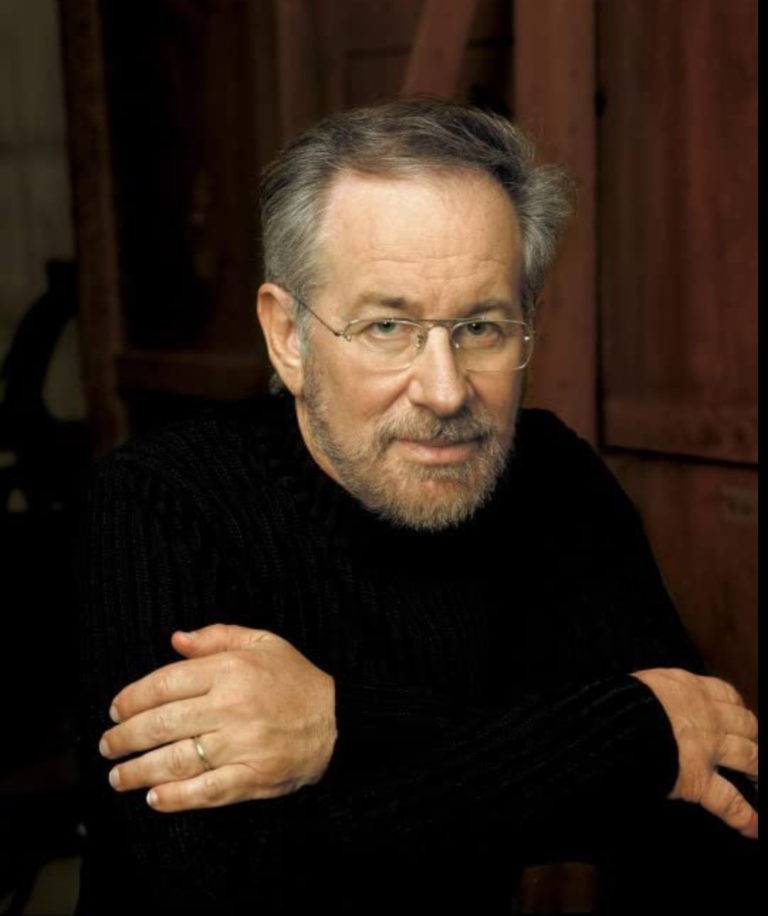
Steven Spielberg has become the leading voice in opposing the Academy of Motion Picture Arts and Sciences (AMPAS) controversial decision to present eight categories to the hour before the upcoming telecast of the Oscars.
The filmmaker shared his concerns and disappointment over the decision after a screening of his remake of the classic musical romantic drama, West Side Story, yesterday on the Fox lot, Deadline is reporting.
Spielberg, who’s not only nominated for Best Picture and Director for West Side Story Oscars this month but also serves on AMPAS’ Board of Governors, told Deadline he felt the need to make a statement about the change in the ceremony’s presentation and telecast.
“I disagree with the decision made by the executive committee. I feel very strongly that this is perhaps the most collaborative medium in the world. All of us make movies together, we become a family where one craft is just as indispensable as the next,” the three-time Oscar winner stated. “I feel that at the Academy Awards there is no above the line, there is no below the line. All of us are on the same line bringing the best of us to tell the best stories we possibly can. And that means for me we should all have a seat at the supper table together live at 5.”
That time is a reference to the broadcast’s start time of 5 p.m. PT on Sunday, March 27 on ABC . AMPAS has announced plans to present the eight categories beginning at 4 p.m. at the Dolby Theatre in Hollywood.
David Rubin and Dawn Hudson, the president and CEO of AMPAS, which presents the Oscar ceremony, also told Deadline that they plan to give the nominees and winners in those eight categories the full Academy Award experience.
AMPAS also plans on recording and editing the categories, including the winners’ speeches, for a telecast, in an effort to save time and keep the show to three hours. The organization also plans to share the results of those eight categories on its social media platforms as the winners are announced so they’ll be known before the ABC broadcast.
The categories that will be presented before the Oscars’ telecast are Production Design, Sound, Original Music Score, Makeup and Hairstyling, Film Editing, Documentary Short, Live Action Short, and Animated Short.
West Side Story is nominated for seven Academy Awards, including Production Design and Sound. Speaking about those categories, Spielberg noted that the collective experience of making movies and honoring everyone equally is important.
“When I look back and I think without John Williams, Jaws would wear dentures. With West Side Story, when Tony is singing Tonight with Maria, without (Production Designer) Adam Stockhausen he would be singing it on a step-ladder and she would be on the scaffolding, all this on an empty soundstage. Without film editing all my movies would still be in dailies,” the helmer-producer said.
“We all come together to make magic, and I am sad that we will all not be on live television watching magic happen together. Everybody will have their moment in the limelight. All the winners will be able to be shown with their acceptance speeches, but it’s the idea that we can’t all be there,” Spielberg added.
This year will be the first time the Oscars separate live and pre-taped categories. AMPAS’ decided to separate the categories in an effort to make significant changes to the show, which has declining ratings in recent years.
Spielberg added that he hopes the decision will eventually be reversed, “but I have tremendous respect for my fellow governors, and I have tremendous respect for David Rubin.” But the filmmaker added that “I’m not anticipating a reversal and I am not optimistic about it.”
Besides Spielberg, other filmmakers who don’t support AMPAS’ choice include several of his fellow Academy Award nominees this year, such as Guillermo del Toro, Denis Villeneuve and Jane Campion. Over the weekend, Oscar-winning Sound Branch member Tom Fleischman even resigned from his Academy membership in protest over the decision.
In response to Spielberg’s statements, Rubin last week whether the decision could be reversed, he accentuated the belief it will be a good thing for the Academy Award ceremony. “I can’t imagine that we’re not going to deliver the Oscar experience that both the nominees and the audience have been wanting and are dreaming about,” he said. “We feel really good about this plan. It feels inclusive and respectful and celebratory.”

